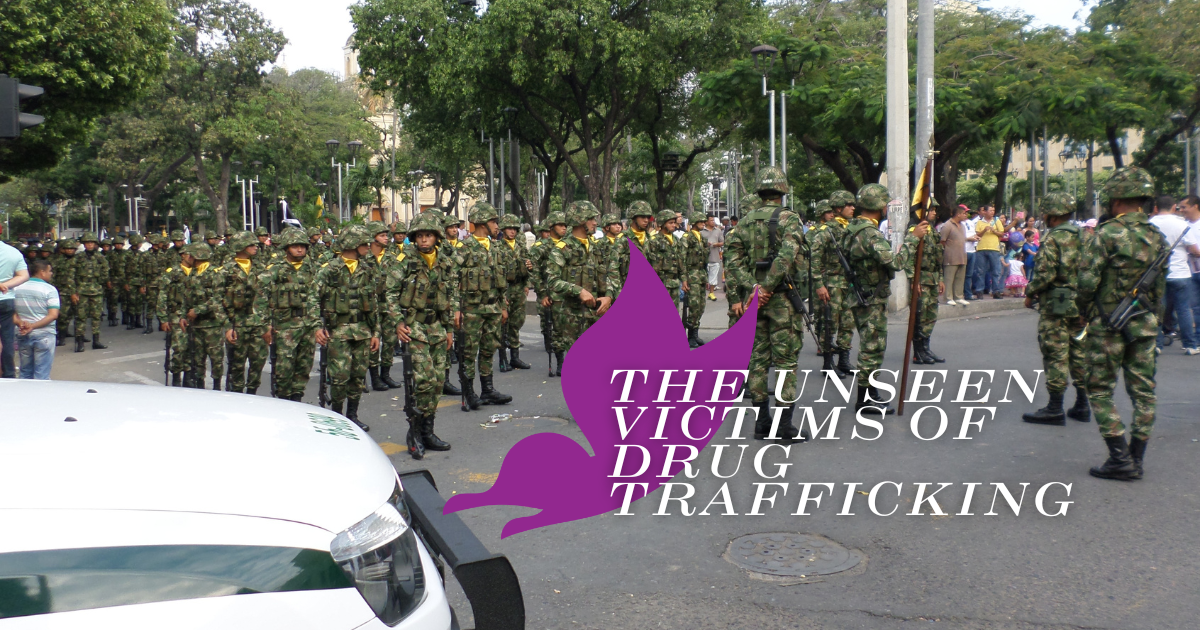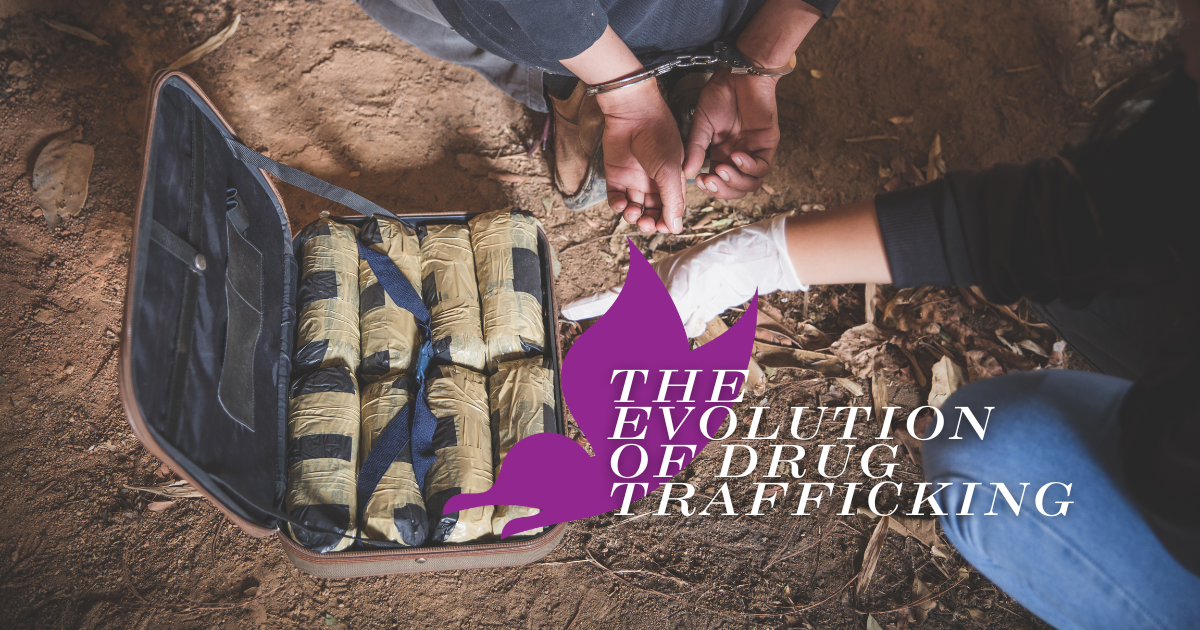Kentucky lawmakers are considering legislation that would decriminalize some drugs and expand harm reduction services. It focuses more on the recovery aspect of correctional rehabilitation. Its provisions would be funded with part of a $32 million opioid settlement the state just secured. That legislation seems to have disappeared into the bureaucratic abyss of committee referrals.
According to State Rep. Keturah Herron, African Americans are uniquely criminalized when it comes to substance abuse disorder. That’s been part of the prejudicial history of not only Kentucky but the nation as a whole. It has also extended to low-income residents of any color. For decades now, incarceration has been America’s go-to response for drug offenses. Many addiction experts believe a better road to rehabilitation would be addiction treatment rather than jail time or prison. As such, Herron introduced House Bill 776 to help steer the state toward decriminalizing drugs and treating substance use disorder.
Decriminalizing a Mental Health Issue
Substance use disorder is indisputably a mental health issue according to most medical professionals, especially actual addictionologists. In general, addiction treatment is largely viewed as something best built around therapy. Practitioners differ mostly on modality, not whether to treat with therapy. The same is the case with most mental health issues.
Unfortunately, law enforcement arrests people for even possessing many controlled substances, and the Justice Department incarcerates them. Imprisonment may be even longer for some than for others. It depends on whether or not arrestees have priors, carried felony drug quantities or fit certain stereotypes.
“We don’t get referred to those services when we are policed,” said Rep. Herron, herself an African American. “We’re charged with trafficking, not possession. We are not going to be able to change policy without the people.”
The problem she cited has its origins in the political campaigns of several past presidents. Presidents Ronald Reagan, Richard Nixon and Bill Clinton used what some retrospectively consider fear tactics to elicit votes. They did it by first positioning crime rates as a major political platform. Then, they positioned themselves as the tough-on-crime candidates in their respective elections.
We detailed this in our blog on Kentuckians’ call for Black addiction treatment. These presidential campaigns spread the notion of Blacks being the face of crime, especially drug-related crime. The criminalization of substance use disorders began with racially prejudicial politics to consolidate non-Black votes.
Today, those in possession of controlled substances are still criminalized regardless of color. Moreover, Blacks are sometimes still punished more harshly with alleged intent to distribute when that may not be the case. House Bill 776 aims to address this problem.
Harm Reduction Bill to Allocate Opioid Settlement

Albeit stalled, House Bill 776 would establish harm reduction centers for people to get treatment for their addictions. This aims to prevent overdoses, some of which occur in prisons. The bill also sets up a system for referring people to addiction treatment options in some cases when they’re charged for possession of controlled substances. These treatment options have thus far been presented as alternatives to incarceration. The state already defines “harm reduction” as “a set of ideas aimed at reducing negative consequences associated with substance misuse for individuals, their families and communities by meeting people where they are.”
The bill would create new sections of state code to introduce a program for running harm reduction centers. It would also change possession of controlled substance statutes in order to mitigate penalty. In the bill’s current form, its passage would represent a major milestone in treating substance use disorders as legitimate mental health disorders. Decriminalizing possession charges to any extent would also help destigmatize the mental health component of conversations about substance use disorders. This would be especially encouraging to communities like that of African Americans whose culture has proven less than receptive to mental health conversations in the past.
This also follows the Kentucky Harm Reduction Coalition’s (KyHRC) innovative efforts earlier this year to fight overdose trends. Fentanyl has recently taken center stage in the opioid crisis as the greatest single contributor to overdoses nationwide. For example, it contributed to 71% of the fatal overdoses in 2020. As such, the KyHRC started a program that distributes fentanyl test strips via mail. The online form to request those strips is still accessible here and good not only for fentanyl test strips but also for naloxone.
Louisville to Receive Almost $32M in Opioid Settlement
About $32 million is being awarded to Louisville due to an opioid settlement, which Mayor Greg Fischer announced in late August 2022 on International Overdose Awareness Day. The payout is supposed to help those suffering from substance use disorder. Little more than a tenth of it ($3.5 million) is expected to be available by the end of the year. As of yet, no strategy for distribution or allocation has been announced to the public by Mayor Fischer or any other legislators. However, Herron positions her own legislation as one worthwhile allocation of a yet unknown part of the funds.
“The money recovered from the companies is soft solace, but these are damages paid for damages caused,” Fischer said at an event for International Overdose Awareness Day.
The event featured some citizens holding a banner that read, “Just say NO MORE DRUG WAR,” which hearkens back to and decries what some consider harsh socioeconomic damage done by Nancy Reagan’s Just Say No campaign, which helped distribute propaganda in front of people in a multifaceted media blitz.
Louisville has seen its overdose incidence leap in the last three years from 379 deaths in 2019 to 603 in 2021 according to the Jefferson County Coroner’s Office. Over 300 overdose deaths in Louisville have also been reported just this year so far according to Mayor Fischer’s office.
Everyone’s Opioid Crisis
While the criminalization of substance use disorders may have been spurred by the political weaponization of racial prejudice originally, it’s become clear to most people today that this hurts more than just the Black populace. Addiction is no respecter of race, ethnicity, gender, religion, sexual orientation or physical ability. The term, opioid crisis, in fact coincides with the modern dispensation of drug abuse history in the U.S. wherein many have acknowledge how White ethnic groups, Native Americans and others are all so broadly affected.
If you or someone you know count among this number in our community, reach out to Landmark Recovery of Louisville. You can visit in person, online or call us at 502.309.2675.

Choose Recovery Over Addiction
We're here 24/7 to help you get the care you need to live life on your terms, without drugs or alcohol. Talk to our recovery specialists today and learn about our integrated treatment programs.




